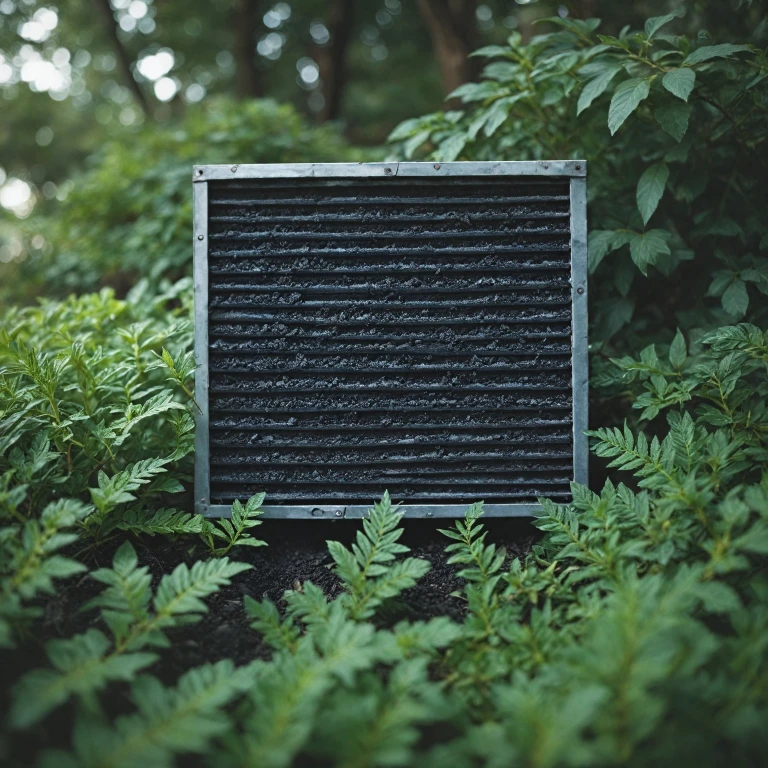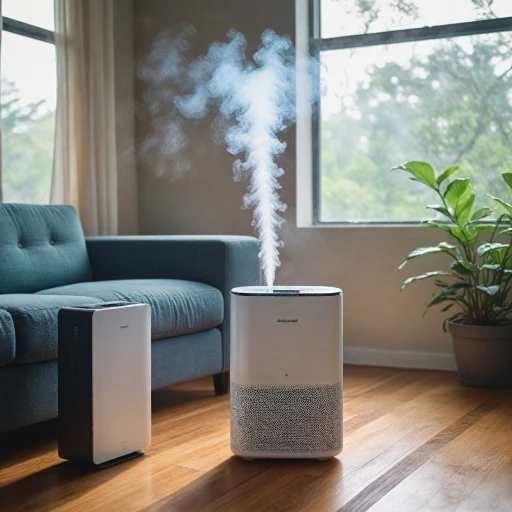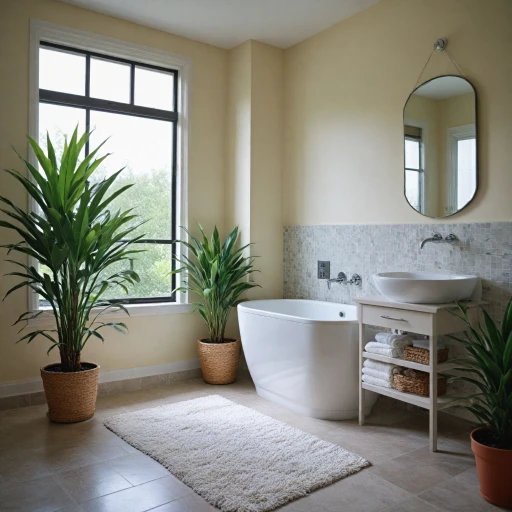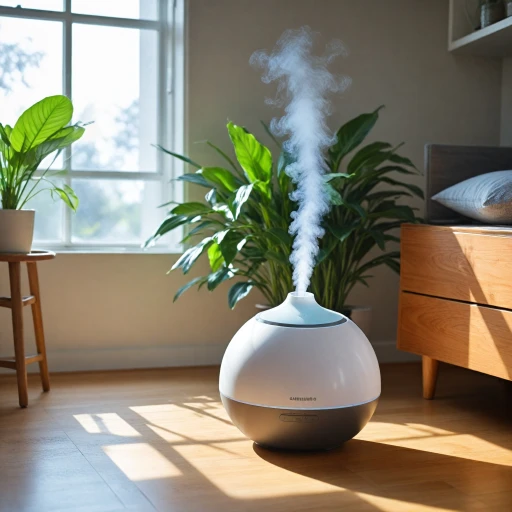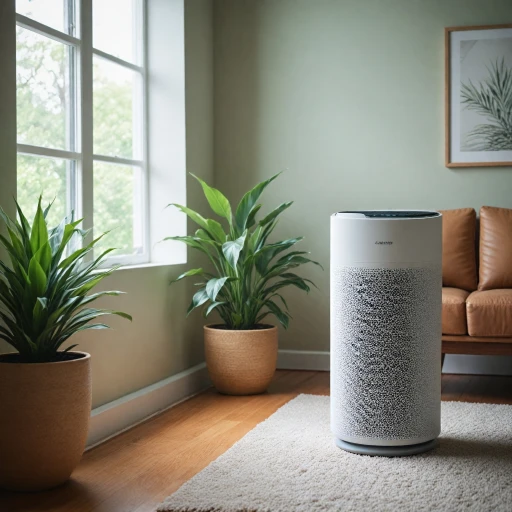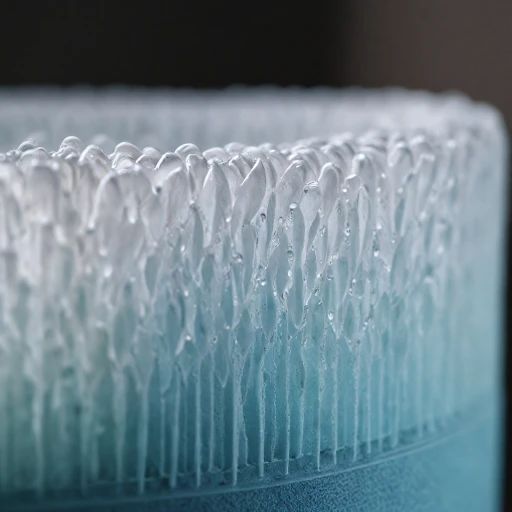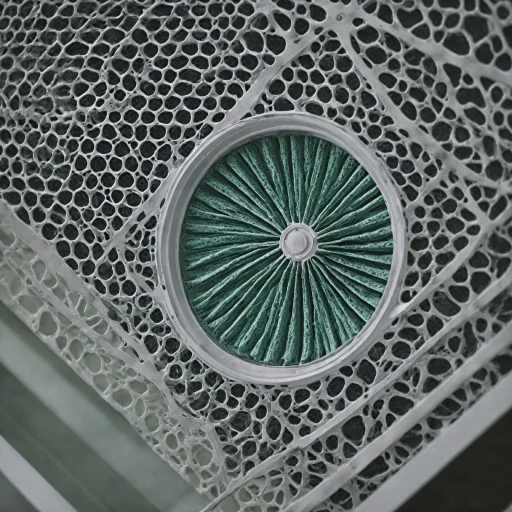How Coal Air Filters Work
Understanding the mechanics of coal-based air filters can help consumers make informed decisions when choosing the right filters for an air purifier. Coal air filters, often referred to as activated carbon filters or charcoal filters, play a crucial role in effective air filtration systems.
The Mechanism of Activated Carbon
Coal air filters operate using activated carbon, a highly porous form of carbon produced by treating charcoal at high temperatures. This activation process increases the surface area, enabling it to absorb various pollutants including VOCs (volatile organic compounds) and odors. These filters work effectively by trapping a wide range of impurities like dust, smoke, and bacteria within their microscopic pores.
How Purification Takes Place
When air passes through the carbon filter, the activated charcoal attracts and holds contaminants, functioning similarly to a sponge. This process is particularly beneficial in capturing VOCs, which are commonly emitted by household products and furnishings. The synergy between HEPA filters and activated carbon in air purifiers enhances this filtration, addressing both airborne particles and chemical pollutants.
Crucial Considerations
Beyond the basic filtering capabilities, the efficiency of a coal air filter is often measured in terms of CFM or cubic feet per minute, indicating the purifier's capacity to move air effectively. Furthermore, the availability of free shipping, view details, and price comparisons can facilitate the decision-making process when choosing from multiple product variants and options.
In conclusion, while coal air filters provide a reliable option for enhancing indoor air quality, understanding their working mechanism, capacity, and benefits is essential in selecting the product that best meets your needs. Whether you're addressing specific contaminants or comparing various products, a thorough understanding ensures you opt for the best air filtration solutions.
Advantages of Using Coal Air Filters
Reaping the Benefits of Coal-Based Filtration
Activated carbon, commonly known as activated charcoal, plays a pivotal role in enhancing air filtration effectiveness. These air filters are known for their VOCs, odors, and gaseous pollutant removal capabilities. This efficacy makes them a favored choice in air purifiers. • Effective Odor Elimination: Carbon filters are adept at trapping unwanted smells, creating a fresher living environment. This feature is particularly beneficial in households with pets or smokers. • VOC Removal: Volatile organic compounds (VOCs) found in various household products are efficiently filtered out by activated carbon air filters. Thus, carbon air filters contribute significantly to cleaner and healthier air. • Enhanced Air Purification: These air filters, often used alongside HEPA filters, enhance overall air filtration capabilities. By capturing particles that may not be caught by other air filters, they contribute to comprehensive air purification. Charcoal filters, derived from highly porous materials, have an extensive surface area that actively adsorbs various airborne substances. Such features help maintain indoor air quality, offering occupants peace of mind. The benefits provided by activated charcoal filters make them a compelling choice for individuals seeking effective air filtration solutions. The choice between pre-filter and activated carbon, along with the filter cfm considerations, can significantly impact the performance of air purifiers. For further insights into the importance of different air filters, you can explore this article.Comparing Coal Air Filters with Other Filter Types
Examining Coal Air Filters and Other Filtration Solutions
When it comes to air purification, choosing the right filter tailored to specific needs is essential. Among the options, coal-based filters, particularly those utilizing high-grade activated carbon, stand out. These filters are equipped to handle various impurities, ensuring cleaner air in your space. However, how do they measure up against other filtration technologies? One of the most notable competitors of coal air filters is the HEPA filter. HEPA, known for its ability to capture tiny particles, excels at removing allergens and dust from your environment. The key distinction is that while HEPA removes physical particles, activated charcoal filters focus on tackling gaseous pollutants like volatile organic compounds (VOCs) and odors. This makes them an ideal choice for removing smoke and other undesired gaseous elements, where HEPA might not be sufficient. Furthermore, pre-filters are often used in conjunction with both coal and HEPA filters. These provide an initial layer of defense, capturing larger debris and prolonging the lifespan of the primary filters. It's essential to consider the chosen product's pre-filter efficiency when evaluating air filtration capabilities. The effectiveness of any filter can often be judged by its filter CFM—a metric that indicates the volume of air moved through the filter. Coal filters might have varying CFMs, and when selecting an air purifier, it's crucial to choose the one that matches your room size and filtration needs. Price is another significant consideration. While activated carbon filters can vary in cost, options involving technological innovations like multiple variants may offer additional benefits worth the investment. In some cases, you'll find free shipping offered for certain product lines, which could be an added advantage. It's clear that understanding the role of different filter types, including coal-based ones, is crucial. To delve deeper, exploring resources like Understanding the Role of CO2 Meter Cases in Air Purification can provide a comprehensive view of how each component plays its part in maintaining air quality.Choosing the Right Air Purifier with Coal Air Filters
Selecting the Perfect Purifier Featuring Coal-Based Filters
When it comes to choosing the right air purifier with coal air filters, there are several factors to consider in order to ensure optimal air filtration. Coal-based filters, specifically activated carbon filters, excel in removing volatile organic compounds (VOCs) and odors, which can greatly enhance indoor air quality.
Start by assessing the specific needs of your space. If your priority is targeting VOCs, odors, or gases, activated carbon filters should be a central component of the purifier. Compare the filter cfm (cubic feet per minute) ratings of different models to find one that accommodates the size and airflow of the space you intend to purify.
Consider air purifiers that offer multiple filtration stages as these often integrate multiple variants like HEPA filters alongside carbon filters, enhancing overall filtration efficiency. Such variants can provide advanced filtration including removing allergens, dust, and even water particles, making them a versatile choice.
When browsing product multiple options, pay attention to the details and specifications provided by manufacturers. Look into features such as free shipping, energy efficiency, and pre-filters that extend the life of the main filter.
Lastly, check consumer reviews and compare prices to ensure you are getting the best value. A chosen product should meet both your needs and budget, without compromising on performance. Remember, maintenance and longevity of these filters, such as regularly changing activated charcoal filters, play a crucial role in maintaining the efficiency of any air purifier.
Maintenance and Longevity of Coal Air Filters
Ensuring Longevity and Optimal Performance
Maintaining your coal-based air filter plays a crucial role in sustaining its effectiveness and ensuring the air in your environment remains free from pollutants. Here's what you need to know:- Regular Inspection: To keep your air purifier functioning optimally, regularly check the air filter, particularly the activated carbon layer. This allows you to monitor its condition and determine when it's time for a replacement.
- Pre-Filter Cleaning: Most air purifiers with charcoal filters include a pre-filter component designed to capture larger particles. Ensure to clean or replace this pre-filter regularly to prevent clogging, which can affect the overall air filtration process.
- Replacement Frequency: The lifespan of coal-based air filters, including activated charcoal variants, largely depends on usage and air quality. Generally, you should consider replacing the air filter every 6 to 12 months, but always follow manufacturer recommendations for best results.
- Optimal Conditions: To prolong the use of your air filter, operate the air purifier in a suitable environment. Keep it away from high humidity or extremely dusty areas, as this can accelerate wear and tear.
- Understanding Specifications: Evaluate the filter cfm (cubic feet per minute) and match it with your purifier's capabilities. Knowing these specifics helps in maintaining the air purifier's performance over time.
Potential Drawbacks of Coal Air Filters
Understanding the Challenges with Coal-Based Filters
While coal-based air filters offer numerous benefits, they are not without potential drawbacks. Here are a few considerations that users might face:- VOC Filtration Limitations: Although activated carbon filters excel in trapping certain gases and odors, they may not be equally effective for all volatile organic compounds (VOCs). It's essential to know whether the specific filter type you're considering targets the VOCs prevalent in your environment.
- Maintenance Requirements: Regular maintenance is key to ensuring the efficiency of any air filtration system, including those using activated charcoal. The activated carbon in these filters tends to lose effectiveness over time as it becomes saturated with captured particles. To maintain optimal performance, regular replacement or reactivation of the filters is necessary.
- Price and Shipping Considerations: The cost of activated carbon filters can vary significantly depending on the product details, size, and chosen product options. Moreover, if you’re buying supplies from abroad, shipping costs can add up, though some providers may offer free shipping.
- Efficiency in CFM: Despite their effectiveness at reducing odors and certain pollutants, charcoal filters may impact the overall air flow of an air purifier. Some air purifiers may experience a reduction in their filter CFM (cubic feet per minute) rate, which refers to the volume of air that passes through the filter. This can affect the speed at which the air purifier cleans a room.
- Life Span Variability: The longevity of these filters can vary based on indoor air quality and frequency of use. For instance, environments with higher levels of pollution or smoke will likely mean more frequent replacements.
